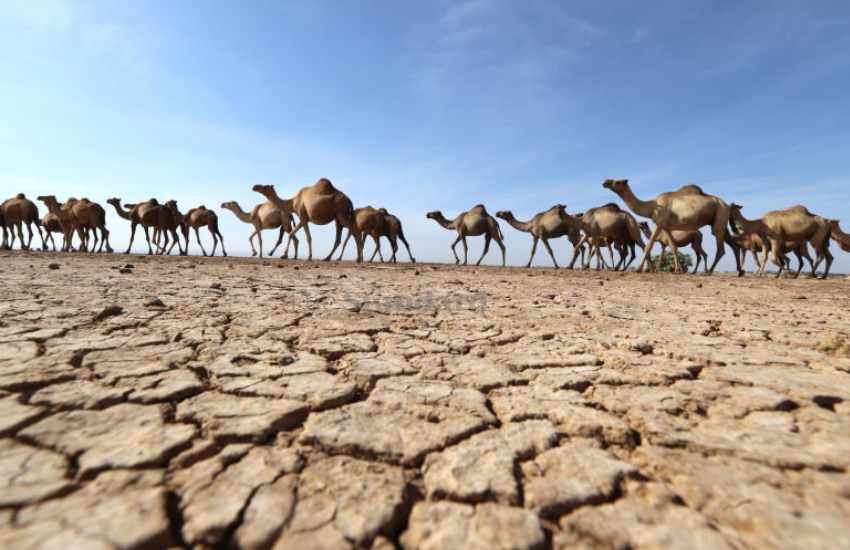×
The Standard e-Paper
Stay Informed, Even Offline

A water crisis has hit several parts of Turkana County as sources of the precious commodity dry up following biting drought that started late last year.
In some villages, locals walk more than 20 kilometres to fetch water from sources that are drying up as the drought persists.